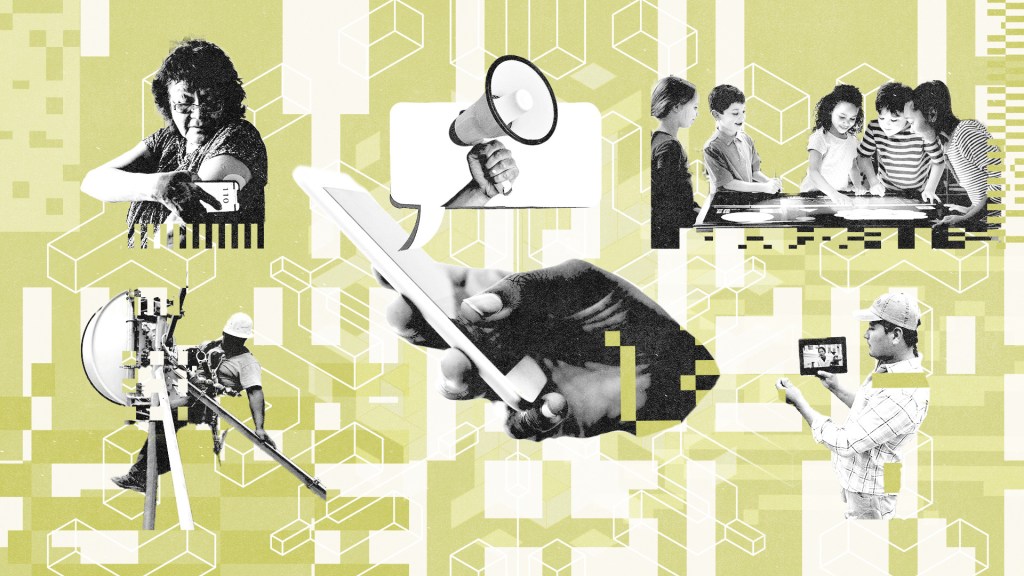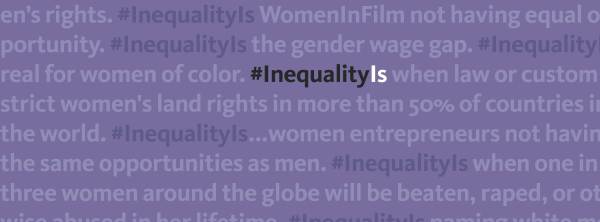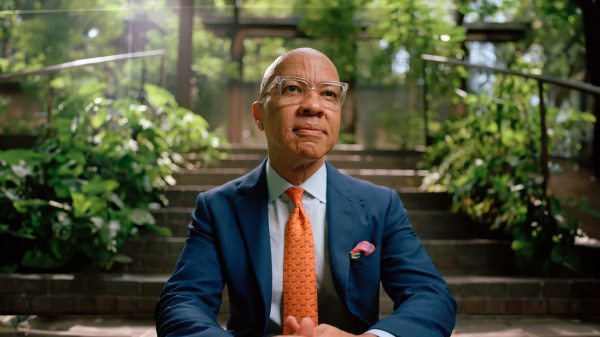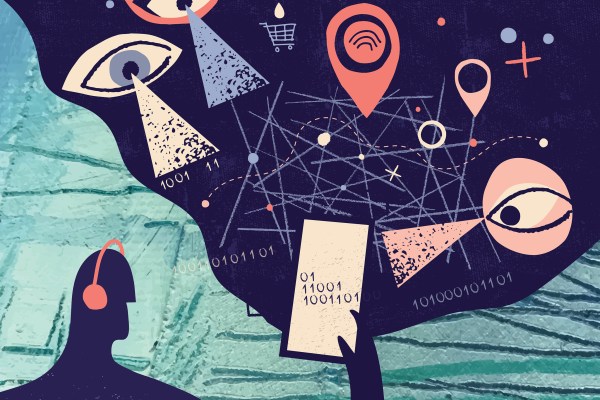Technology and Society

Digital communications technologies have transformed how we connect and engage with the world around us, creating opportunities in every area of contemporary life. But as often as these technologies are used to foster learning and promote justice, they have also been used in ways that amplify inequality. Too many people—particularly those who have historically been excluded or marginalized—aren’t able to access, benefit from, or influence digital platforms. The governance and use of technology are implicated in nearly all the drivers of inequality, underscoring the extent of this problem.
We believe in equal access to, and fair regulation of, digital technology that is designed to advance transparency, privacy, access to knowledge, and free expression for all people. As the speed of global technological change and innovation outpaces public understanding and democratic checks—and as technology continues to reshape relationships between citizens, governments, civil society organizations, and corporations—our work focuses on protecting civil and human rights and freedom of expression.
To ensure that technology develops to meet the needs of the public, we support the growth of technically sophisticated, diverse organizations dedicated to advancing equitable and more inclusive digital spaces and systems. And we seek to develop the technological capacity of social justice organizations, key to strengthening the impact of their vital work in today’s environment.














